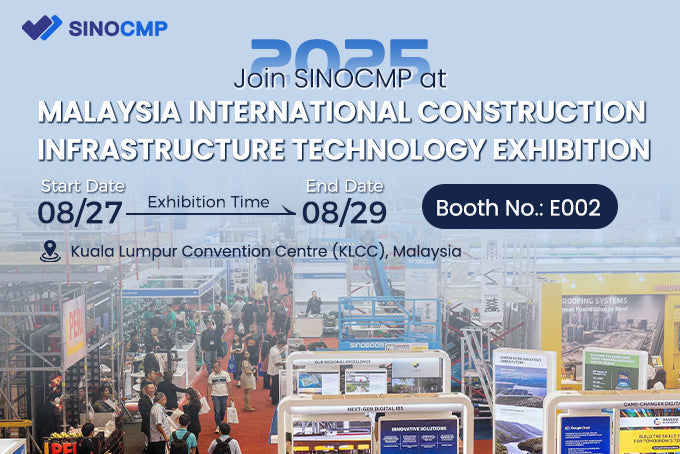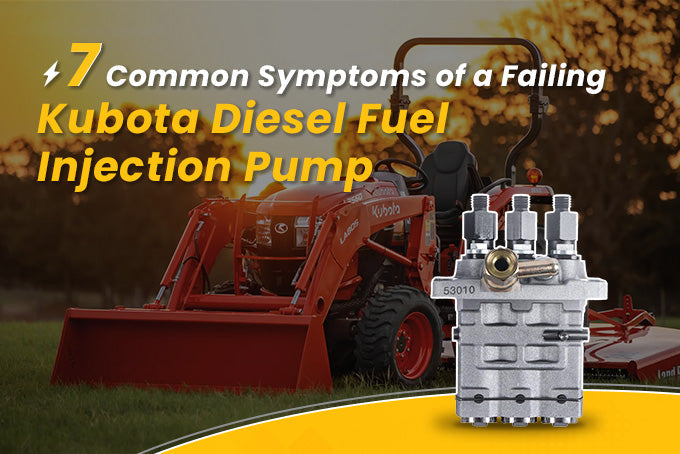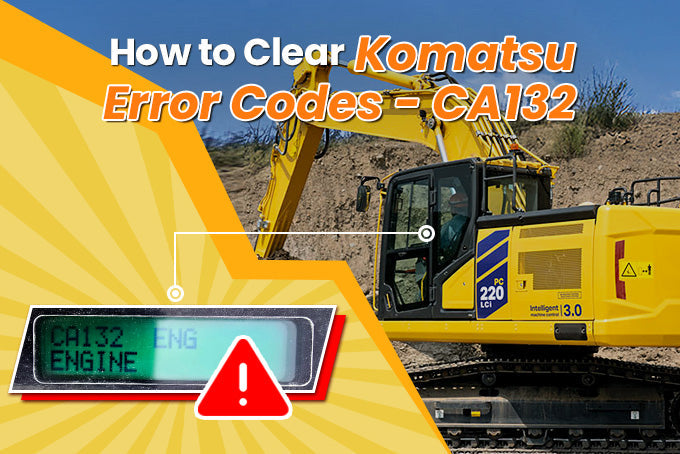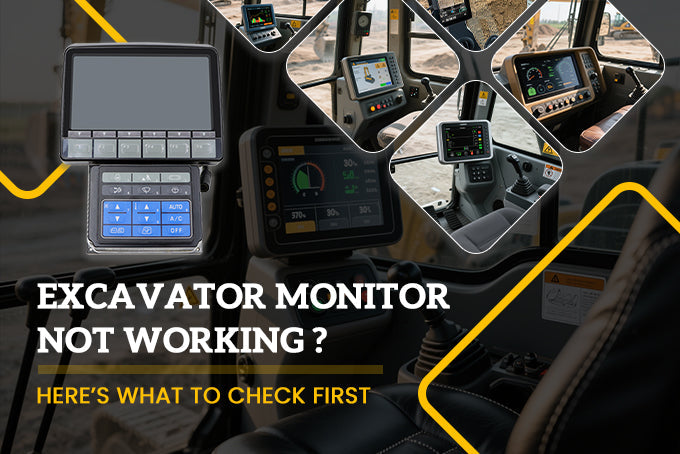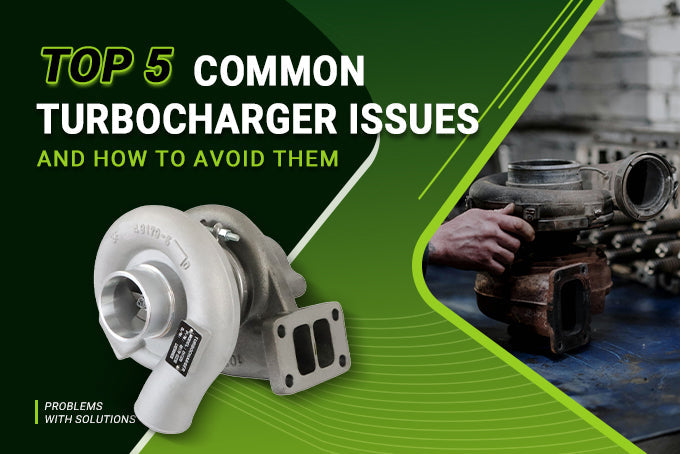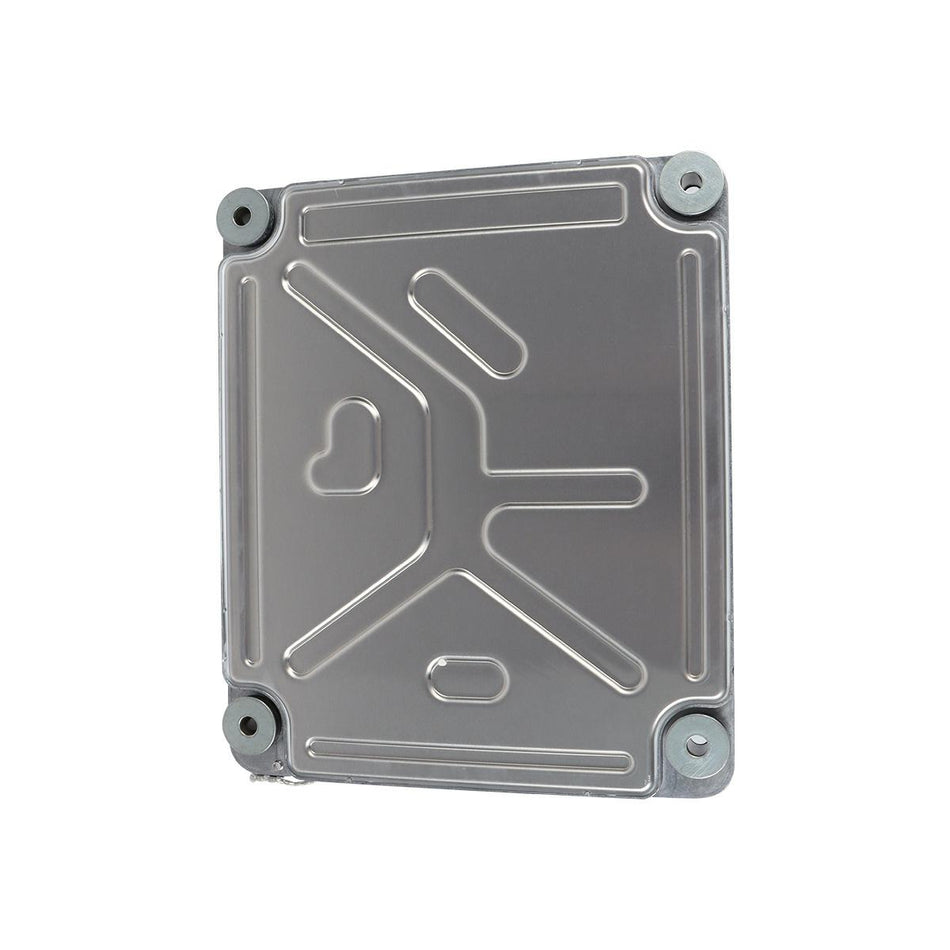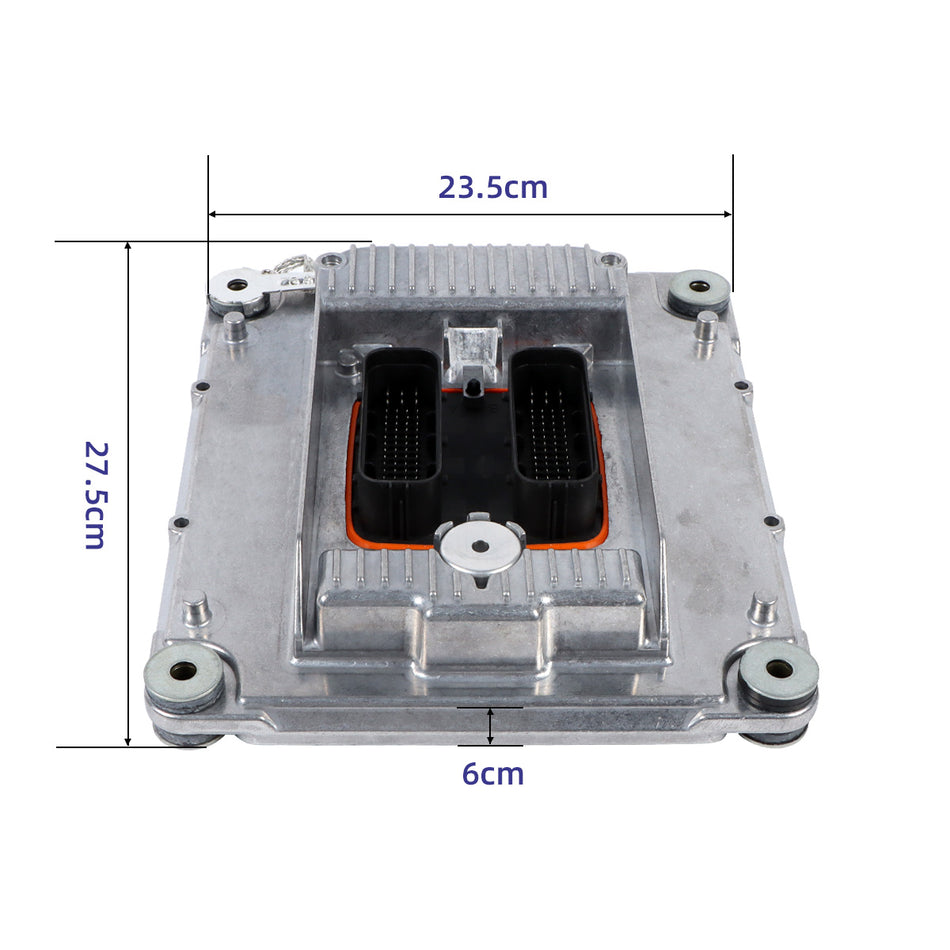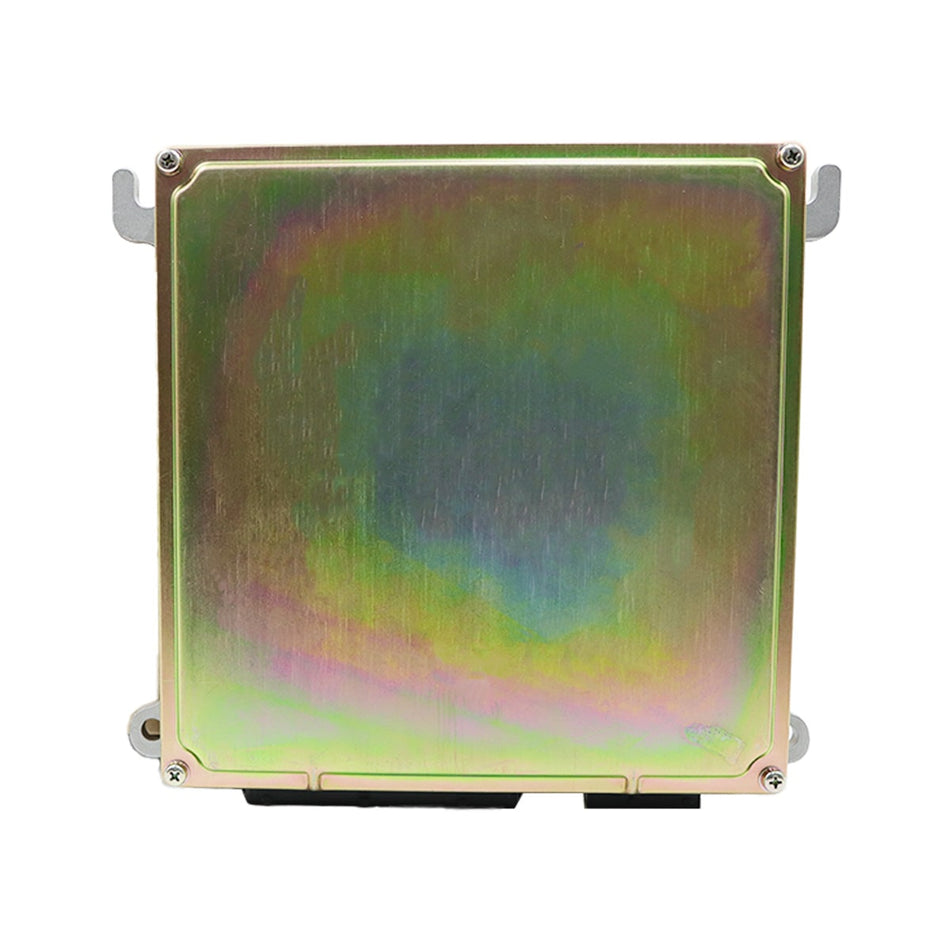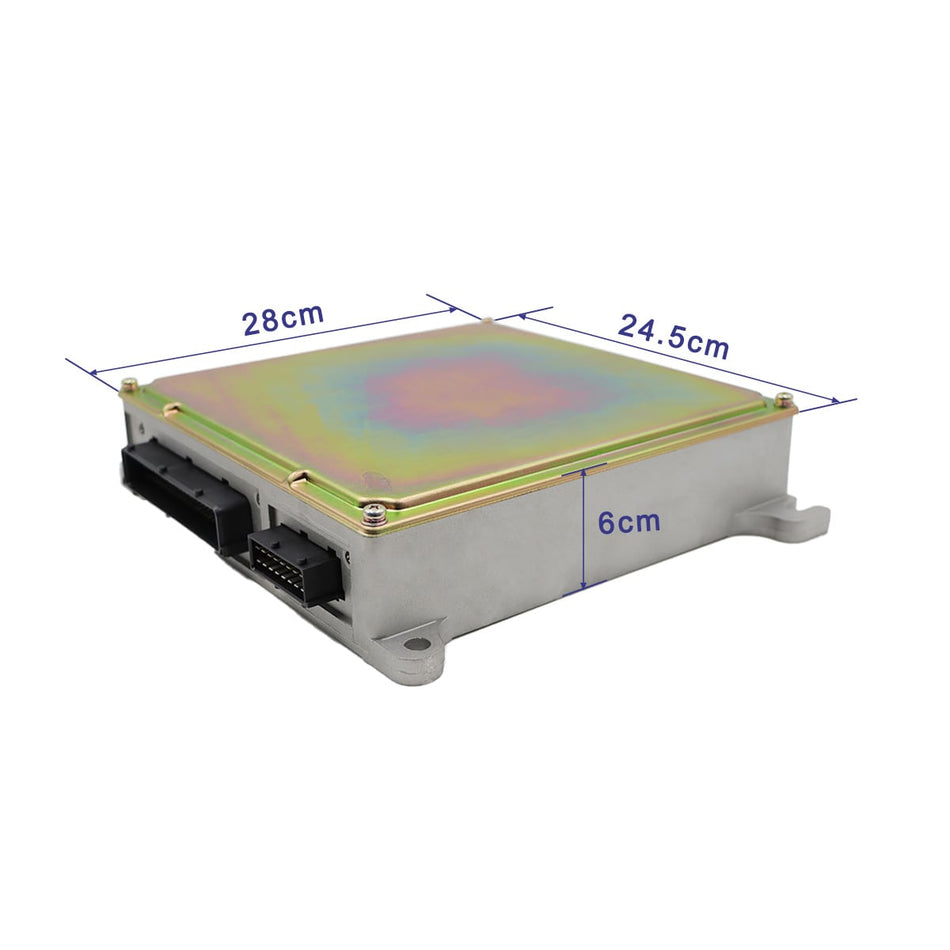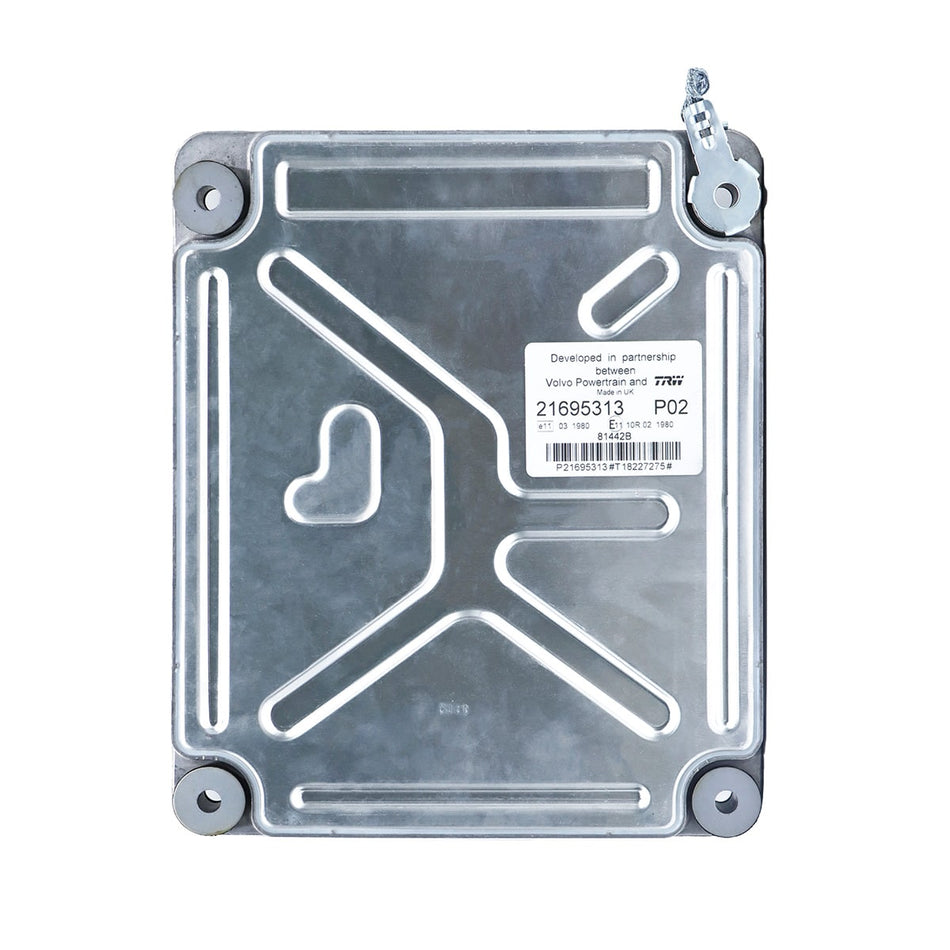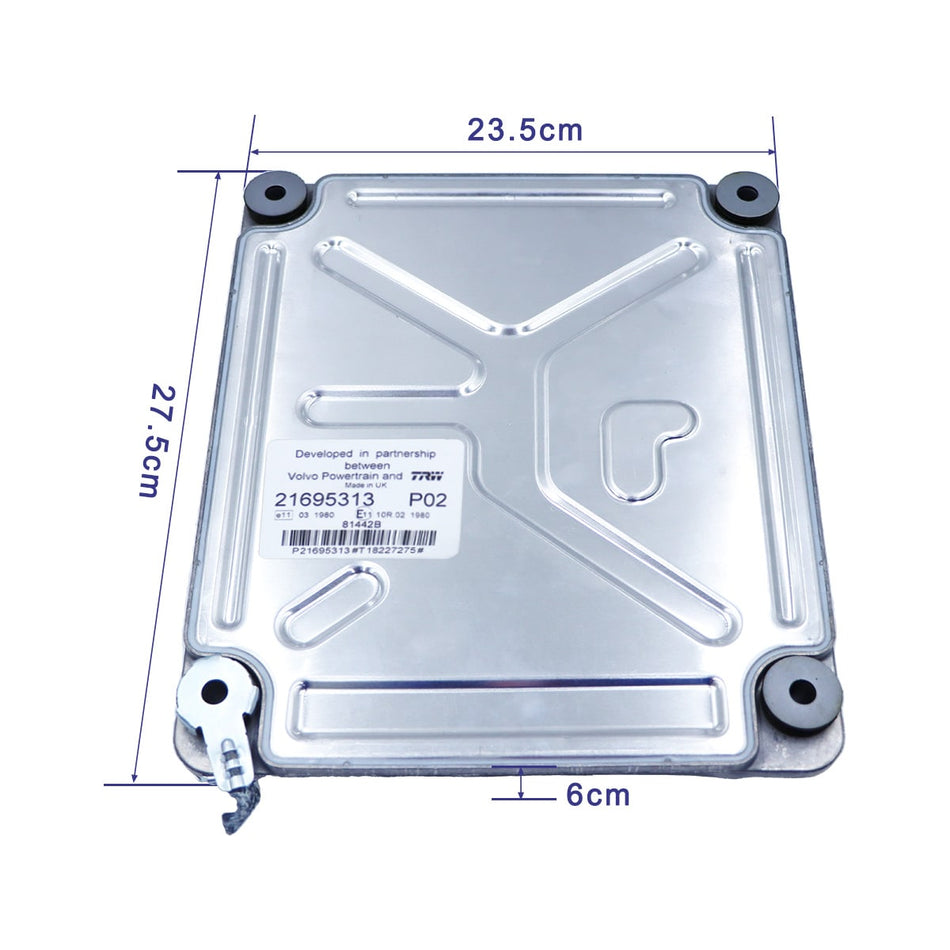When it comes to the smooth operation of your excavator, the water pump is an indispensable part of the cooling system. It circulates coolant continuously, which is important for absorbing and whisking away the intense heat generated by the engine, hydraulic components, and other systems during operation.
In this comprehensive blog, we'll explore how to identify if your excavator's water pump is on the fritz, break down the costs associated with replacement, and guide you to get the correct water pump you need on SINOCMP.
How to Tell If the Water Pump Is Bad
-
Engine Overheating: A Red Flag
One of the most obvious signs of trouble is when your excavator's engine temperature starts to soar. If you notice the temperature gauge creeping dangerously close to the red zone or consistently remaining above the normal operating range, it's a clear indication that something is amiss with the water pump. This could be due to a malfunctioning impeller that's no longer able to create the necessary coolant flow, or perhaps there's a blockage in the pump's internal coolant passages, hindering circulation. -
Coolant Leaks: A Clear Indicator
Keep your eyes peeled for any signs of coolant leaks around the water pump area. You might spot telltale puddles of coolant underneath your excavator, especially near the front where the pump is typically housed. Look closely at the pump housing itself for wet spots or streaks.
The coolant has a distinct sweet smell, so if you catch a whiff of that, chances are it's leaking coolant. These leaks usually occur when the seals or gaskets that keep the coolant sealed within the pump wear out over time or succumb to excessive vibration. Not only does a leak signify a problem with the water pump, but it also leads to a loss of coolant, further compromising the cooling system's effectiveness.
-
Unusual Noises: Listen Up!
When the engine is running, pay close attention to any strange sounds emanating from the vicinity of the water pump. A grinding noise is often a sign that the bearings inside the pump are wearing out. As the bearings deteriorate, they create friction against the rotating shaft, resulting in that unpleasant grinding sound. You might also hear a whining or squealing noise, which could be due to a loose or damaged impeller.
The imbalance of the impeller can cause it to rub against the pump housing, generating these abnormal sounds. Tuning into these auditory cues can help you detect a potential problem early and prevent more serious damage down the line. -
Corrosion and Rust: The Silent Killers
Given the harsh and dirty environments that excavators operate in, corrosion and rust can quickly take hold of the water pump. Regularly inspect the pump's exterior for signs of rust formation. If you notice orange-brown flakes or patches, it indicates that the metal is corroding.
Corrosion can weaken the structural integrity of the water pump and impede its performance. In some cases, you might even find rust flakes in the coolant, which is a clear sign that the internal components are also being affected. Rusty connections and fittings can lead to leaks and disrupt the coolant flow, highlighting the importance of addressing corrosion promptly. -
Reduced Coolant Flow: A Simple Check
You can perform a straightforward visual inspection to gauge the coolant flow. With the engine off and cooled down, carefully remove the radiator cap. Then, start the engine and observe the coolant. It should flow in a steady stream. If the flow appears weak, intermittent, or there's hardly any movement at all, it's likely that the water pump is the culprit. A clogged impeller, caused by debris or sediment buildup, may not be able to propel the coolant as it should. Similarly, a damaged impeller blade or a malfunctioning pump shaft can also result in reduced flow, ultimately leading to inadequate cooling and potential engine overheating.
How Much Does It Cost to Replace a Water Pump
To replace a faulty water pump in your equipment, the aftermarket parts cost generally falls within 300 US dollars. However, it varies depending on different engine models and part numbers. At SINOCMP, we are dedicated to helping you identify the correct product. Our team will offer you not only the most suitable water pump but also a reasonable price. With our professional knowledge and extensive product range, we strive to meet your specific requirements and ensure the smooth operation of your machinery. Trust SINOCMP to assist you in finding the right water pump solution at the right price.




